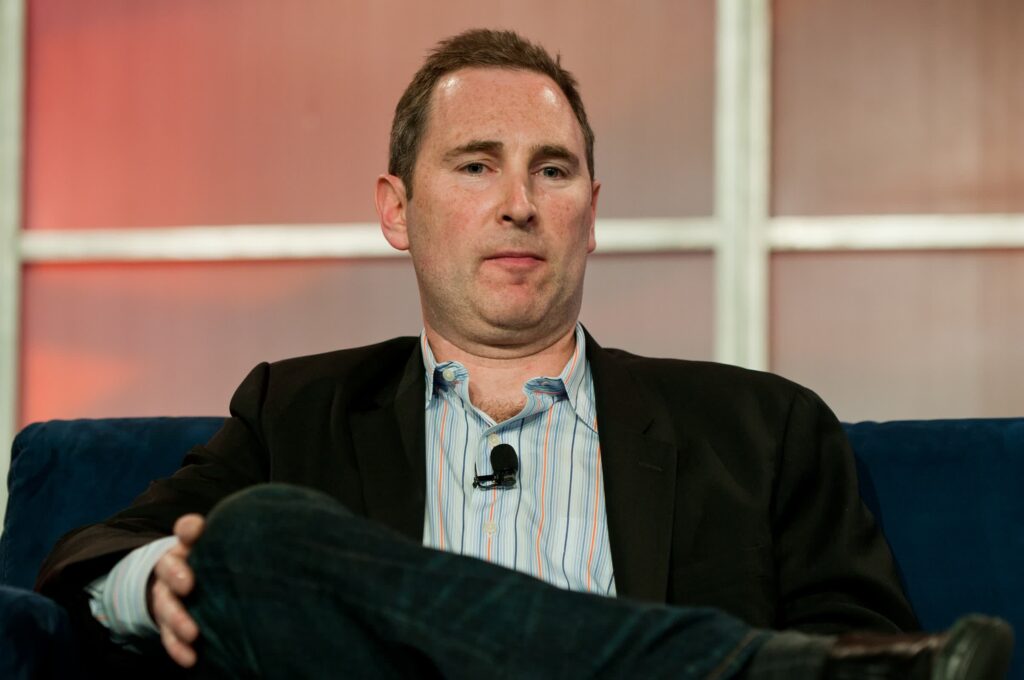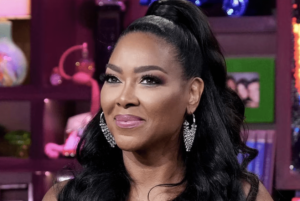Amazon CEO Andy Jassy requires startup tradition in shareholder letter to drive innovation

Amazon CEO Andy Jassy lately outlined his imaginative and prescient for the corporate in an annual letter to shareholders, mixing startup-style agility with the dimensions of a worldwide large. He addressed challenges, together with synthetic intelligence investments and inside tradition shifts, and harassed the necessity to innovate rapidly and minimize inefficiencies to stay aggressive in fast-moving markets.
Jassy, who took over from founder Jeff Bezos in 2021, mentioned he needs to run Amazon as if it had been “the world’s largest startup.” The method focuses on fixing buyer issues, encouraging invention, and giving staff possession of their work.
“Builders hate forms,” Jassy wrote. “It slows them down, frustrates them, and retains them from doing what they got here right here to do.”
He revealed that in his time, Amazon had solicited worker suggestions on bureaucratic hurdles and applied over 375 modifications based mostly on almost 1,000 responses.
Jassy additionally detailed Amazon’s synthetic intelligence technique, noting that a big share of this 12 months’s $100 billion in capital spending will go towards AI tasks – particularly inside the Amazon Internet Providers division. Amazon’s push to embed AI throughout customer-facing merchandise and inside programs makes AWS essential to its AI targets.

Healthcare was one other point of interest in Jassy’s letter. He highlighted Amazon Pharmacy and One Medical as key development areas and pledged to “iterate rapidly” to develop each companies.
Jassy’s tenure has introduced main cultural and structural shifts to Amazon. Along with cost-cutting efforts that led to tens of 1000’s of layoffs, he has enforced a return-to-office coverage for company staff, rolling again the distant work flexibility launched throughout the pandemic.
Jassy emphasised key ideas for sustaining Amazon’s revolutionary edge. Pace was a recurring theme. “Pace is a management resolution,” he wrote, stressing that corporations can transfer rapidly with out sacrificing high quality by eradicating structural limitations and streamlining decision-making processes. He emphasised scrappiness as a key trait of efficient groups, referencing Amazon’s early days when small groups with restricted assets developed companies like Easy Storage Service and Elastic Compute Cloud.
Jassy believes that concern of failure usually stifles creativity, arguing that daring bets pushed by buyer obsession are key to reaching extraordinary outcomes.
“You hardly ever, if ever, change the world by doing the identical factor as everybody else,” he wrote.
In the end, Jassy harassed that delivering tangible buyer worth is Amazon’s most essential success metric. Charisma or inside politics, he famous, ought to by no means take priority over outcomes relating to rewards or recognition.







